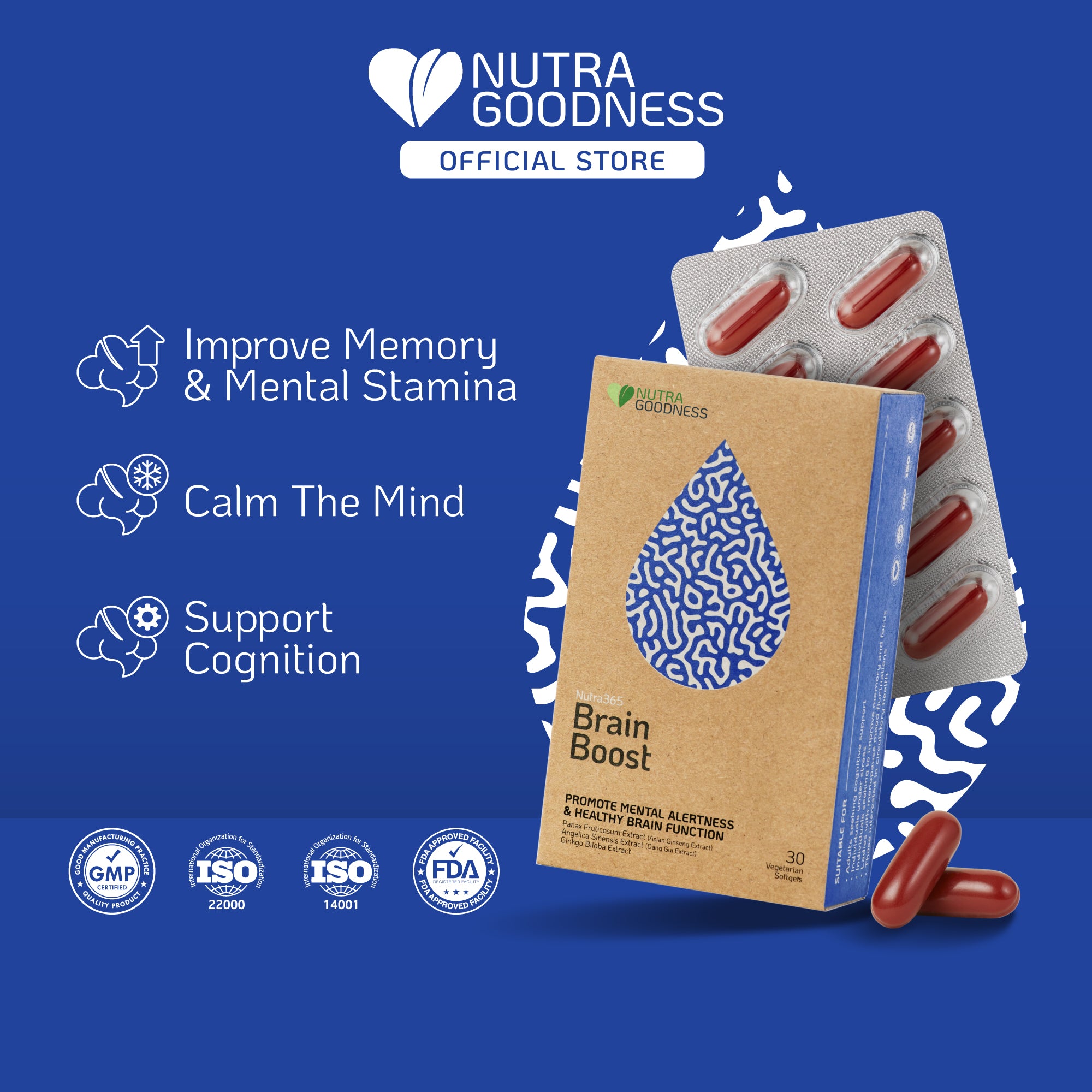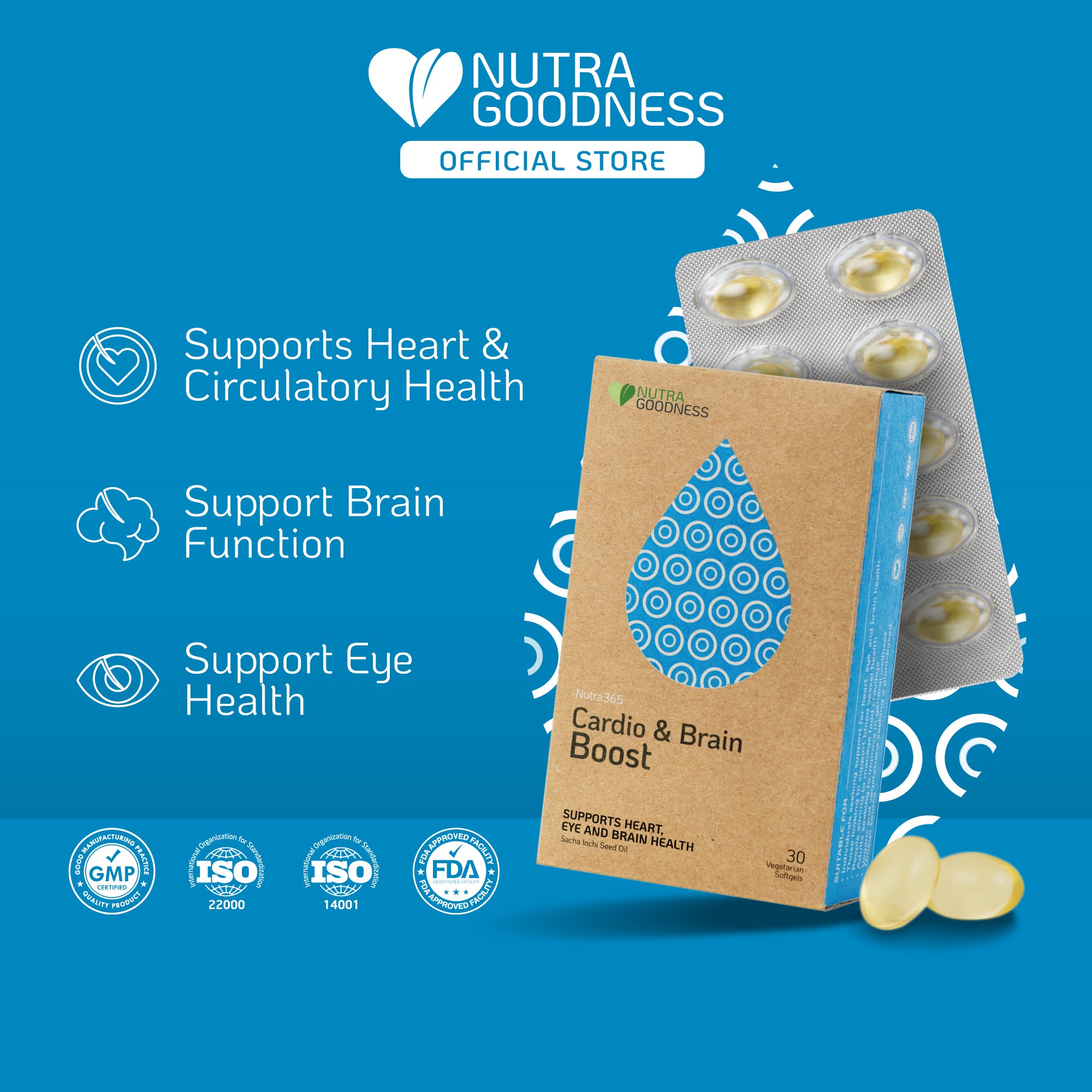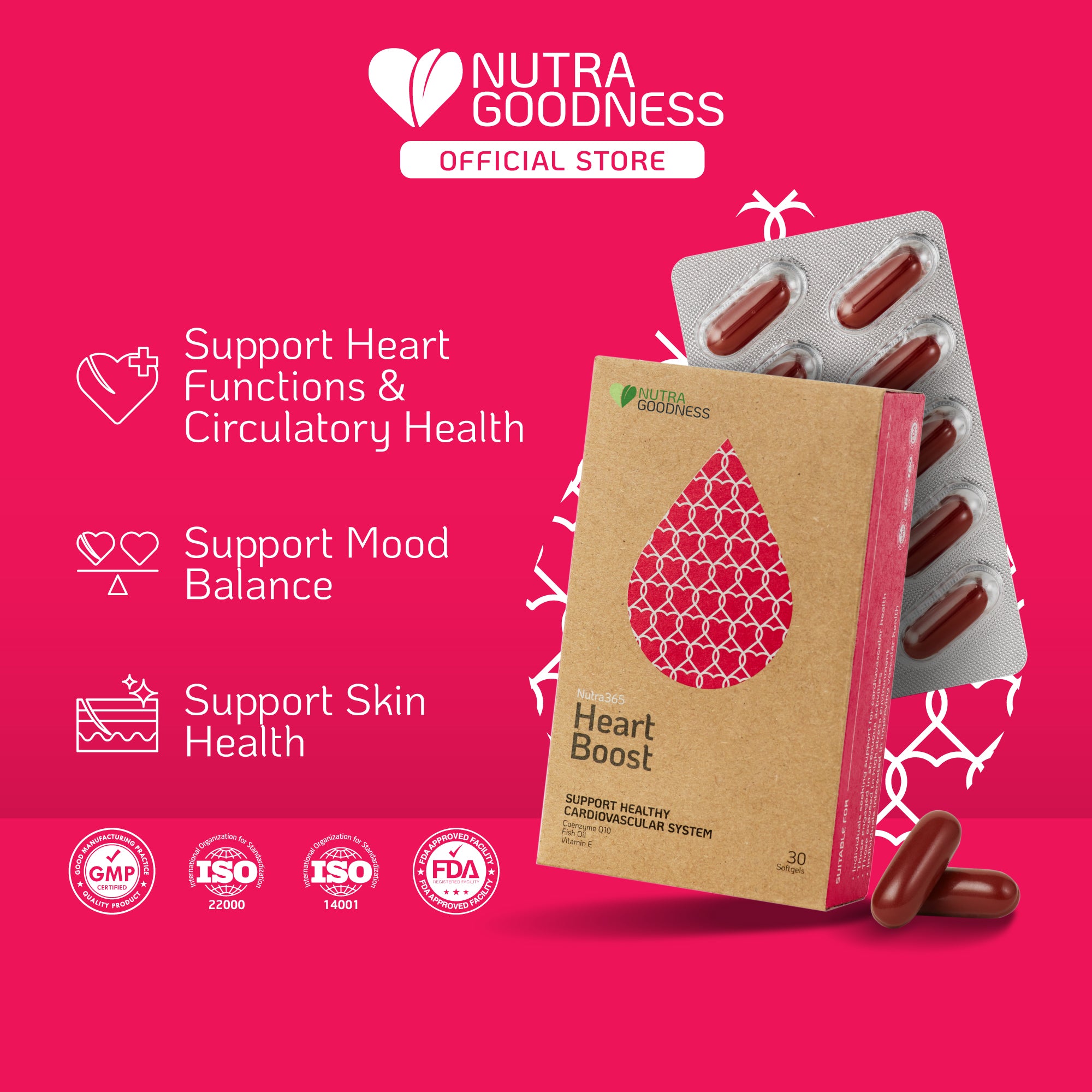Our eyes are not just windows to the soul—they are also essential for navigating and experiencing the world around us. Despite their importance, eye health often goes unnoticed until problems arise. From screen-induced eye strain to age-related conditions like macular degeneration, our modern lifestyles pose numerous challenges to maintaining optimal vision. In this article, we’ll explore the key aspects of eye health, common issues, preventative measures, and how to support your vision for life.
Why Eye Health Matters
The eyes are complex organs responsible for processing visual information, enabling us to perceive the world. Healthy vision contributes to quality of life, independence, and overall well-being. However, factors like aging, genetics, environmental stressors, and poor lifestyle choices can impact eye function, making proactive care essential. Our eye consists of Cornea, Pupil and Iris, Lens, Retina and Optic Nerve.
Common Challenges to Eye Health
1. Digital Eye Strain: Prolonged screen time leads to symptoms like dryness, fatigue, and blurred vision, collectively known as computer vision syndrome.
2. Age-Related Vision Changes: Conditions like cataracts, glaucoma, and macular degeneration become more prevalent with age.
3. Environmental Stress: Exposure to UV rays, pollution, and blue light can accelerate eye damage.
4. Chronic Conditions: Diabetes, hypertension, and autoimmune diseases can contribute to vision problems like diabetic retinopathy or optic neuropathy. Common Eye Health Issues
Common Eye Health Issues
1. Dry Eye Syndrome
- Caused by insufficient tear production or poor tear quality.
- Symptoms: Redness, irritation, and a gritty sensation.
- Solutions: Hydrating eye drops, omega-3 supplements, and reducing screen time.
2. Cataracts
- Clouding of the eye’s lens, leading to blurred or dim vision.
- Risk Factors: Aging, UV exposure, and smoking.
- Prevention: Wearing sunglasses, a diet rich in antioxidants, and regular eye checks.
3. Macular Degeneration
- Affects the central part of the retina, causing loss of central vision.
- Risk Factors: Aging, smoking, and a diet low in carotenoids.
- Prevention: Lutein and zeaxanthin-rich foods (e.g., spinach, kale) and antioxidant supplements.
4. Glaucoma
- Increased pressure in the eye damages the optic nerve.
- Prevention: Routine eye pressure checks and maintaining healthy blood pressure.
5. Diabetic Retinopathy
- A complication of diabetes that damages blood vessels in the retina.
- Prevention: Managing blood sugar levels and regular eye screenings.
Nutrients for Eye Health
Supporting eye health starts with proper nutrition. Several nutrients have been shown to promote and protect vision:
1. Vitamin A
- Role: Maintains the retina and supports low-light vision.
- Sources: Carrots, sweet potatoes, and Gac fruit.
2. Lutein and Zeaxanthin
- Role: Protect against blue light and reduce the risk of macular degeneration.
- Sources: Leafy greens like spinach and kale, as well as egg yolks.
3. Omega-3 Fatty Acids
- Role: Support tear production and reduce inflammation associated with dry eyes.
- Sources: Fatty fish like salmon, flaxseeds, and walnuts.
4. Vitamin C
- Role: Reduces the risk of cataracts and supports healthy blood vessels in the eyes.
- Sources: Oranges, bell peppers, and strawberries.
5. Vitamin E
- Role: An antioxidant that protects eye cells from oxidative stress.
- Sources: Almonds, sunflower seeds, and avocados.
Preventative Eye Care Tips
1. Eat for Your Eyes
- Focus on a nutrient-rich diet, emphasizing leafy greens, colourful fruits, omega-3 sources and supplements.
2. Protect Against UV Damage
- Wear sunglasses with 100% UVA and UVB protection to shield your eyes from harmful rays.
3. Limit Screen Time
- Follow the 20-20-20 rule: Every 20 minutes, look at something 20 feet away for at least 20 seconds.
4. Stay Hydrated
- Proper hydration supports tear production and reduces dryness
5. Quit Smoking
- Smoking accelerates oxidative stress and increases the risk of cataracts and macular degeneration.
6. Regular Eye Checks
- Early detection of conditions like glaucoma and diabetic retinopathy can prevent irreversible damage.
The Role of Supplements in Eye Health
While a healthy diet provides most of the nutrients needed for eye health, supplements can bridge gaps, especially for individuals with specific needs or conditions.
- Gac Fruit Oil: A potent source of beta-carotene, lycopene, and lutein, offering robust antioxidant protection for the eyes.
- Coconut Oil: Provides hydration and supports the absorption of fat-soluble nutrients.
- Vitamin E: Protects eye cells from oxidative damage, reducing the risk of cataracts and age-related degeneration.
- Lutein and Zeaxanthin Supplements: Help filter harmful blue light and reduce macular degeneration risk.
In conclusion, your eyes are invaluable, and taking proactive steps to protect them is essential for long-term health and quality of life. From eating a nutrient-dense diet to wearing protective eyewear and managing chronic conditions, small changes can make a significant impact. Supplements like Nutra365 Eye Boost, with its blend of Gac fruit oil, coconut oil, and vitamin E, can provide additional support, ensuring your eyes stay healthy and vibrant. Start taking care of your vision today—because a clearer, brighter future begins with healthy eyes.


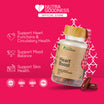


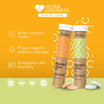
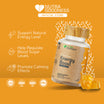

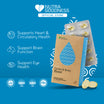
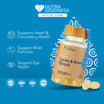
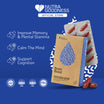
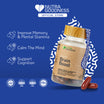


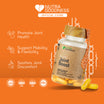

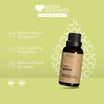
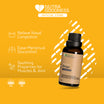
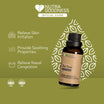
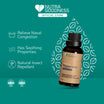
![[Mix & Match] Nutra Goodness NutraAroma Pure Essential Oil 30ml - Peppermint/Lime/Ginger/Tea Tree](http://www.nutragoodness.com/cdn/shop/files/Nutra_Goodness_product_listing_nutra_aroma_mix_2c7cc02f-396c-461e-ad46-0c5f010e5a60.jpg?v=1737706140&width=104)



